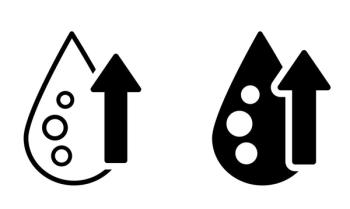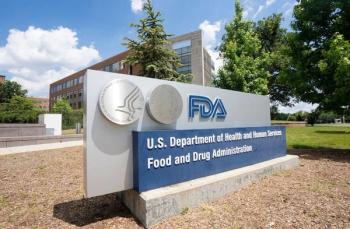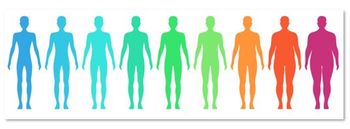
AUA: Statins May Offer Protection Against Prostate Cancer
ANAHEIM, Calif. -- Statins may guard the prostate as well as the heart, according to a large screening study in Finland.
ANAHEIM, Calif. -- Statins may guard the prostate as well as the heart, according to a large screening study in Finland.
An analysis of data on lipid use for coronary prevention and prostate cancer occurrence revealed a dose-dependent reduction in prostate cancer risk among statin users compared with non-users, Teemu Murtola, M.D., of the University of Tampere School of Public Health in Finland.
The cancer-risk reduction was not seen in men with a history of treatment with other types of cholesterol-lowering drugs, suggesting a possible non-lipid effect of statins on prostate cancer biology and etiology, said Dr. Murtola at the American Urological Association meeting here.
Physicians should make men on statin therapy for treatment and prevention of cardiovascular disease aware of the possible association between statin use and decreased prostate cancer, Dr. Murtola said.
He presented results from the Finnish Prostate Cancer Screening Trial, conducted from 1996 through 2004. The trial involved more than 23,000 men, and data collected included information on cholesterol drug usage during 1995 through 2004. A total of 6,755 men had a history of statin use, and 934 had used other types of lipid-modifying drugs, primarily fibrates and resins.
The overall occurrence rate of prostate cancer was 4% in statin users, a 50% reduction compared with the 8% among non-users. After stratifying statin users into dosage quartiles, Dr. Murtola found a dose-dependent reduction in prostate cancer risk.
Patients in the lowest statin-dose quartile had a 6.2% occurrence rate of prostate cancer, which translated into a relative risk of 0.76 compared with non-users. Patients in the highest statin quartile had a prostate cancer rate of 1.8, or a relative risk of 0.21 compared with non-users (P<0.001 for trend across quartiles).
Statins' apparent prostate cancer benefit extended to all Gleason grades, and compared with non-users the relative risk ranged from 0.47 for Gleason grade 2 to 6 to 0.55 for Gleason grade 8 to 10.
PSA levels were reduced by all types of cholesterol-modifying drugs, but only statins were associated with a reduced risk of prostate cancer. In fact, the use of fibrates and resins was associated with greater reductions in PSA values compared to untreated patients than statin use was. However total quantity of drug use did not correlate with the impact on PSA levels for any of the lipid-modifying agents.
"The association of decreased PSA among men with hypercholesterolemia should be studied further," said Dr. Murtola. "This association could have implication recommendations regarding the interpretation of serum PSA values."
Newsletter
Enhance your clinical practice with the Patient Care newsletter, offering the latest evidence-based guidelines, diagnostic insights, and treatment strategies for primary care physicians.

































































































































